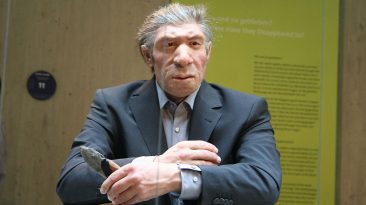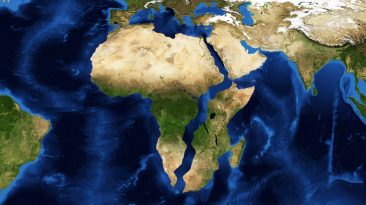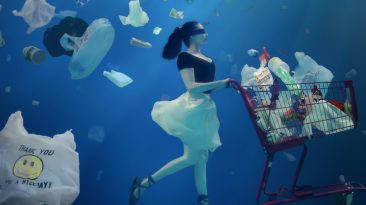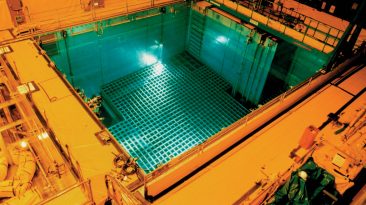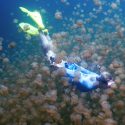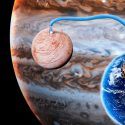Science. It has saved billions of lives, allowed us to discover new worlds, and helped the world’s civilizations to grow exponentially.
But it’s also come with some severe consequences. Weapons of mass destruction, unethical experiments, and an unfolding environmental catastrophe are all results of scientific discovery.
With all those risks in mind, is it plausible to think we may one day get to a point where scientific exploration is no longer worth it? Is it prudent to continue spending resources on discovering the unknown when we can’t even afford to fix the problems we already know about?
Yes, we’re quite aware that this question is pretty fantastic – even by our standards. But sometimes you have to consider the ridiculous in order to expose real-life revelations.
For centuries, humanity has moved itself forward by feeding its scientific curiosity, rarely stopping to consider the ramifications. Like, do the positives outweigh the negatives?
To really get people talking, let’s start with a little segment I like to call “The Pros and Cons of Science.” On the one hand, science is great because it helps develop technology to solve our everyday problems, it addresses societal issues, it informs policy-making, and it explains natural phenomena.
But it also has a negative side: for one thing; it’s really expensive, it can harm the environment, its methods and products can be harmful to humans and other living things, and it can lead to destructive technologies.
[dx_custom_adunit desktop_id=”RTK_CDE4″ mobile_id=”RTK_SUFd”]With those kinds of issues in mind, the magazine New Scientist brought together a few different opinions on whether or not we should stop doing science. One philosopher from the City University of New York says that scientific research should only continue in the field of applied sciences, like medical research, that can result in social benefit.
But scientists from the University of Leicester, UK say it’s not that simple. History has proven time and time again that we should continue exploring all of life’s mysteries because you never know where the next practical application will come from.
And even if we did want to stop doing science, it would be nearly impossible. We wouldn’t be able to stop all scientific research at once; there would have to be a gradual scaling back.
So who would choose what areas of study to scale back first? Any selective scaling back would seem to open the process up to potentially disastrous political tampering.
And it’d be incredibly difficult to get all the nations of the world to agree to stop their science programs and stay true to their word. On top of that, if we were able to stop doing science, we’d all have to accept the bleak reality that our society would pretty much never progress any further.
No more new medicines, new smartphones, we’d never know any more about the universe or the oceans surrounding us, and we probably wouldn’t be able to perfect the alternative energy sources necessary to save our planet.
With all that considered, it seems pretty safe to say that we should never stop doing science, but that doesn’t mean we can’t improve how we do it. To minimize the negative side-effects of scientific discovery, a science policy researcher at the University of Sussex put forth three guiding principles.
They say that not only should every decision be made with responsibility and precaution, but also with the participation of the public. Ordinary people should have a say in the technologies we pursue, the innovations we support, and the sciences we prioritize.
What do you think? How do we make sure science is never doing more harm than good?
Subscribe to What-If on Youtube or follow the show on Facebook Watch.
Sources
- “Science: The Pros And Cons Of Learning From Others In The Herd”. MASON, GEORGIA. New Scientist. Accessed January 15 2019.
- “What Would Happen If There Were No Science? – Quora”. 2019. quora.com. Accessed January 15 2019.
- “Opinion: The Dark Side Of Science”. Douglas, Heather, 2011. The Scientist Magazine®. Accessed January 15 2019.
- “Pros And Cons Of Science – Pros An Cons”. 2018. Pros An Cons. Accessed January 15 2019.












